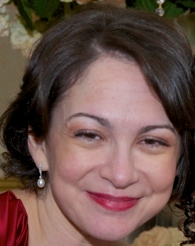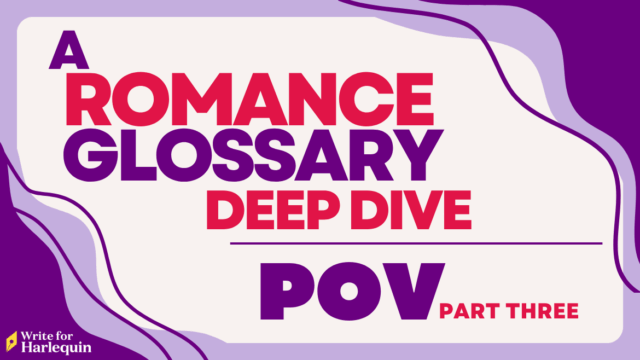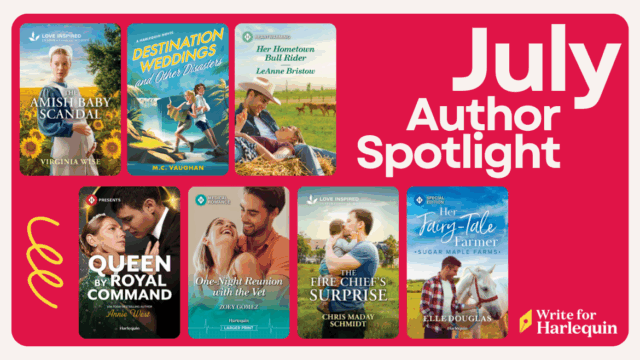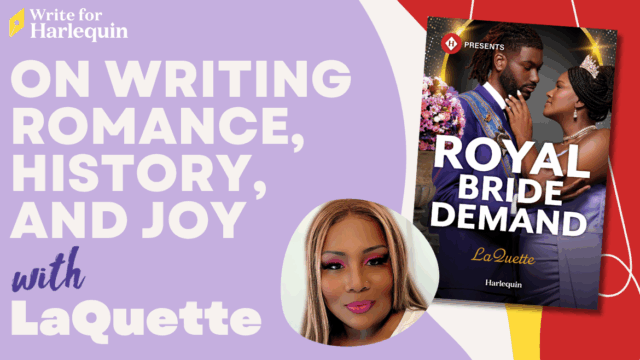
This week, Susan Litman, Editor for Harlequin Special Edition, draws on her expertise to bring you insights into the ideal author-editor relationship…
What does an editor want in a writer? Seems like a simple question, doesn’t it? Naturally, my first answer to this is always going to be, “I’m looking for a fresh, exciting voice and unique storytelling!” But there’s so much more to the author-editor relationship. After all, editors are readers – we got into publishing because we love books. So our ultimate goal is always to find authors who are interested in delivering great stories, well-told.
In the best possible world, the author-editor relationship is a collaborative one – a partnership. If revisions and changes are necessary, I’ll discuss them constructively, with an eye towards making changes (sometimes minor, sometimes not-so-minor) that will stay true to the author’s voice and vision while still meeting the needs of the imprint/publishing house, and ultimately making the story the best it can be. We’re advocates for our authors, so it is part of our job to help make sure their work shines.
It helps if the author has a good understanding of the unpredictable nature of the publishing business, and a strong sense of professionalism. This might be a creative endeavor, but it is also a business – never forget that.
Along those lines, it’s important for a writer to meet deadlines, because this keeps the production process rolling smoothly, and enables us to publish your books more strategically and develop your presence in the market. As well, while we’d never want anyone to write to a trend just for the sake of doing so, in category romance it is important for the author to understand what their targeted series is about – what the audience for Harlequin Special Edition is looking for in a story versus Romantic Suspense or Blaze. Being able to consistently deliver on the series promise is something we take into account when evaluating a manuscript.
But let’s go back to voice and story – because those are the building blocks of the editor-author relationship. When I start reading a new manuscript, I’m looking to be engaged right away. And if an author can draw me in to the characters and setup – even if there are flaws throughout (after all, nothing is perfect!) – so much the better. Because when it comes down to it, it’s easy to teach a new author the ins-and-outs of the business and help them improve the technique of their craft, but if they can’t deliver the most basic element – a great story – then there’s not much to work with.
Editor, Harlequin Special Edition




